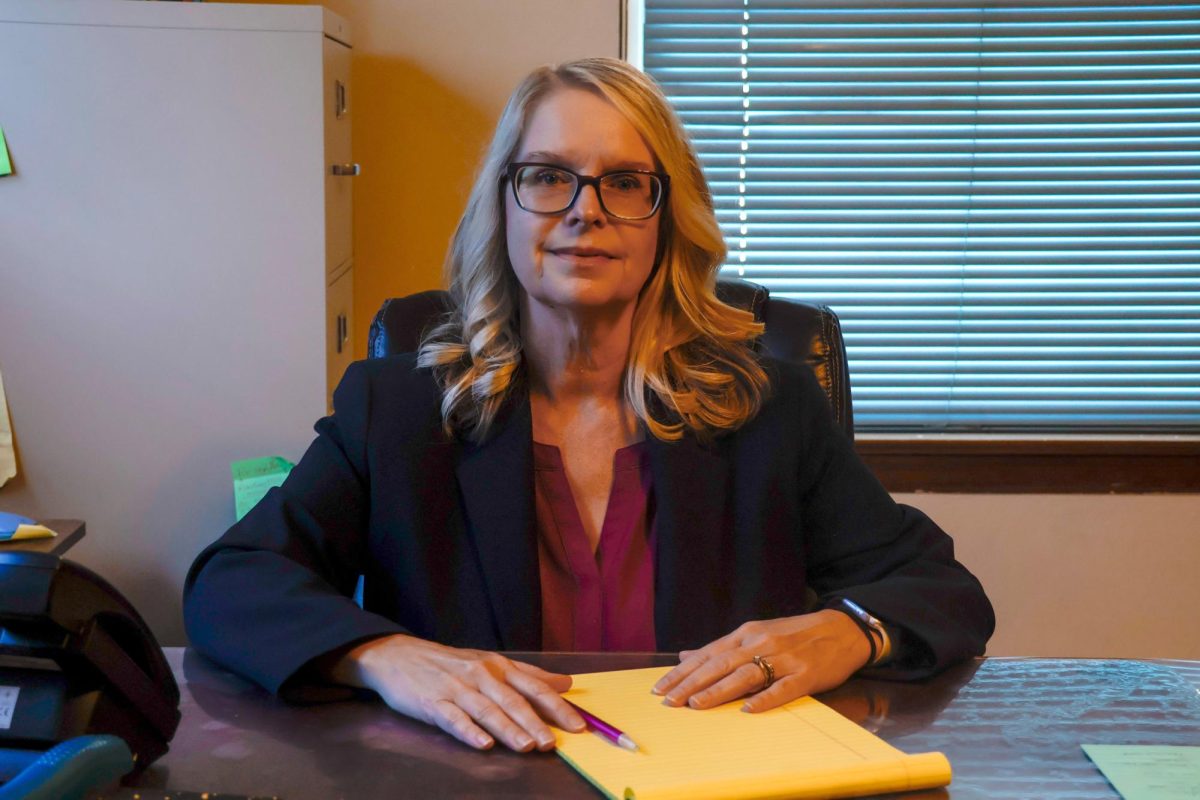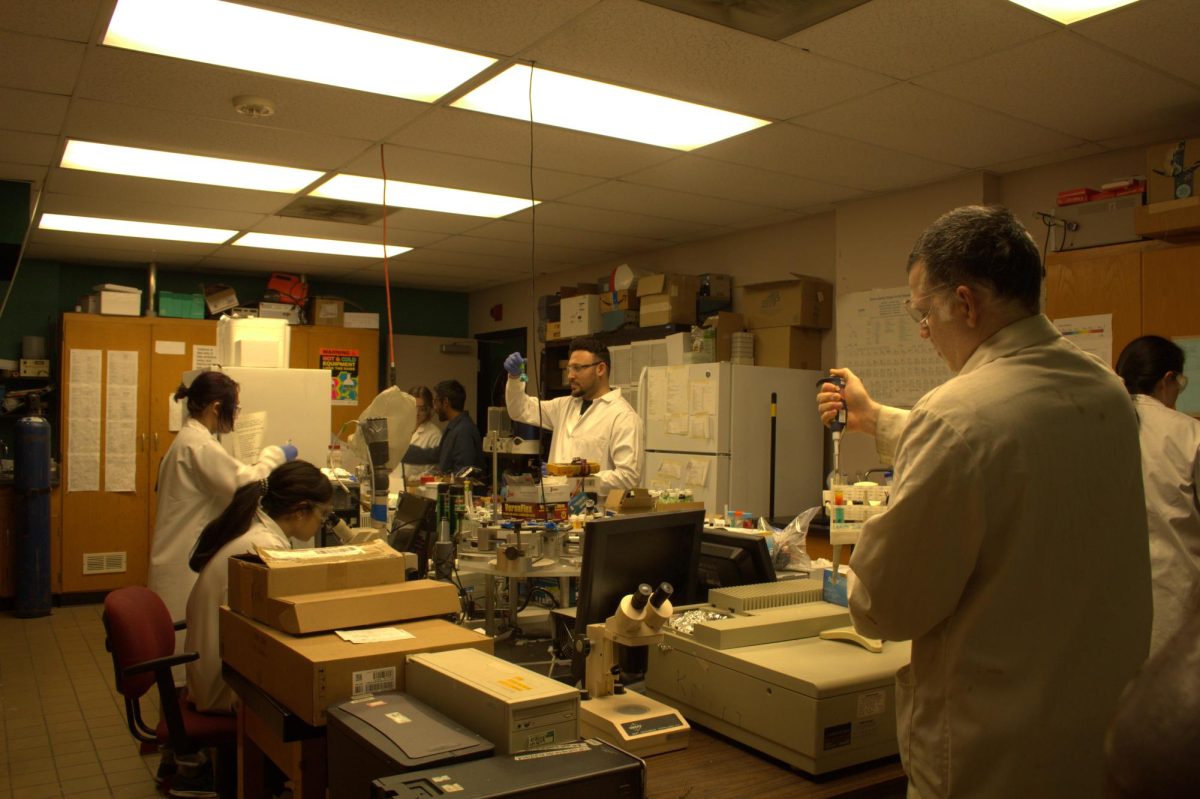University of Missouri’s interim leader says race issues can’t fester
December 6, 2015
Michael Middleton doesn’t know how long he’s going to lead the University of Missouri System.
But in an interview last week, the interim president said the network of four schools can’t afford to wait for a permanent president before beginning to address the racial tensions that touched off this fall’s uproar on the Columbia campus.
“I don’t think we can wait,” he said. “We don’t have the luxury to allow these issues to fester for another year, which is usually the time it takes to find a new president.”
Advertisement
Middleton said he plans on moving ahead with a list of demands drawn up by the student activist group Concerned Student 1950.
The group, which is named for the year black students were first admitted to the university, pushed for the removal of former President Timothy M. Wolfe for what was perceived as his indifference to a number of racist incidents on campus.
In addition to removing Wolfe, the group has also demanded a seat at the table in selecting a new president; a pledge to increase black enrollment and staff to 10 percent each by the 2017-18 school year; the creation of a racial awareness curriculum; and increased funding for hiring additional campus mental health professionals.
Some have called diversity targets unrealistic — particularly for faculty. But Middleton said none of the demands are outrageous. Yet he acknowledged that some of them may be unattainable, while others could potentially irritate some donors and alums.
“None of the demands are unreasonable,” Middleton said. “We will work on these or explain why they can’t be done.”
He added that he has the backing of the university’s Board of Curators, which has pledged to put money and other resources behind his efforts.
The first step, he said, is to confront the issues of both overt and structural racism that boiled over this fall, eventually focusing the country’s attention on Mizzou’s campus a little over three weeks ago.
Advertisement*
Much of the unrest centered on three high-profile occurrences, including two circumstances where students reported being called racial slurs and a third incident where someone smeared human feces into the shape of a swastika inside a residence hall bathroom.
Students looking for a strong response from university leadership were angered over what they described as Wolfe’s tepid response when confronted twice by students.
Students accused him of suggesting that oppression exists only in their minds.
The uproar regarding Wolfe eventually led to his resignation on Nov. 9.
Middleton, this week, said students weren’t overreacting.
“This was in the tradition of students demonstrating in dramatic ways over the pain our students are experiencing,” he said. “We need to listen to them. We’ve made some progress, but we certainly haven’t solved the issue of race in America or other issues of marginalization.”
Regarding Wolfe, Middleton said the former president acted in the best interest of the university system.
“The president made a decision to step down. I don’t know if his decision was prompted by the culmination of events or the way he was targeted by Concerned Student 1950,” Middleton said. “I think he took the high road and left because he saw himself as an impediment to progress.”
Just as Ferguson, two hours to the east, became a national symbol for racial disharmony, the turmoil at Mizzou put Missouri again square in the national spotlight as an example of a not-so post-racial America.
In the wake of the turmoil, there’s a common feeling among faculty and administrators that the university will suffer long-term damage behind this fall’s events, both in attracting interest from students and dollars from donors.
On recruiting at least, Middleton said he isn’t worried.
“I don’t think any effect on recruiting will be all that dramatic,” he said. “Certainly there will be some who avoid coming here, and maybe there is nothing you could say to get them here, but the problems here are not unique to us. These are endemic and persuasive issues at universities across this country.”
As for donors who recoil over discussions on race, Middleton said he will make the argument that the central role the university plays in the state hasn’t changed.
“I’ll tell them we’re better off for having these conversations,” he said. “This is no time to abandon us. We educate 77,000 students. We’re providing services, and we are doing more than most people realize to strengthen Missouri’s economy. We are an important institution for this state.”
(c)2015 St. Louis Post-Dispatch
Visit the St. Louis Post-Dispatch at www.stltoday.com
Distributed by Tribune Content Agency, LLC.
Advertisement







